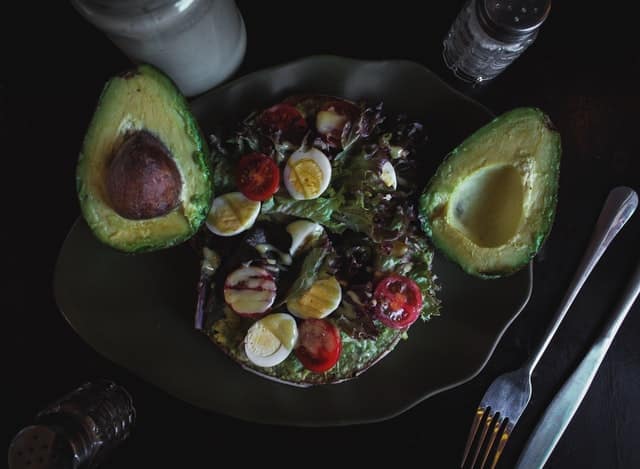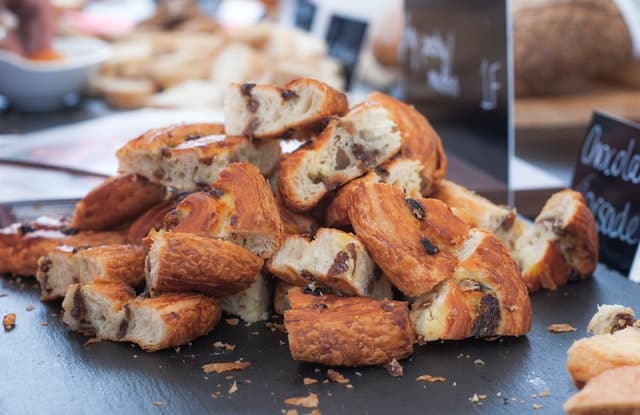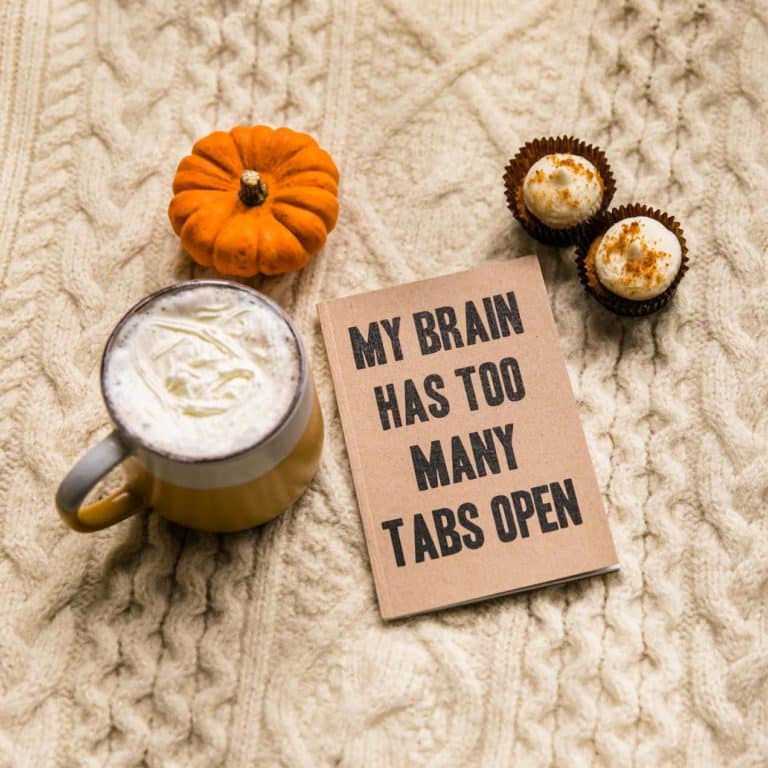Did you know that your eating routine can influence the amount of anxiety you may have? You can significantly reduce anxiety levels with simple modifications in your diet. Most people get frustrated with having to rely on pharmaceuticals to help manage their pain, consider how you can introduce some simple changes in your life, for instance modifying what we eat to help lessen the symptoms without having to rely on medications.
Similarly as with any change you might be thinking about, speak with your healthcare professional to address any worries you may have.
Here are some simple strategies to help reduce your level of anxiety with diet:
- Put down that drink. In spite of the fact that there is a conviction that an after work drink or a night cap can aide in relaxing your body, it very well may be a contributing factor to potential add more fuel to anxiety’s fire.

○ Alcohol influences the body from various perspectives, including having diuretic effects to the body, which potential implications of dehydration. It can likewise influence our body chemistry that can prompt anxiety.
○ If you tend to have several drinks, you may not actually be eating enough food. Most alcohol has a great deal of calories and sugars, but lack nutrient value to benefit your body. Not getting the correct nourishment can hurt your whole body and elevate uneasiness. Try not to utilize alcoholic beverages as a substitute for lunch or supper.
○ Studies have actually illustrates that the chemistry of alcohol may actually increase the frequency and intensity of panic attacks and anxiety.
- To Caffeine or Not Caffeine. It may not be an easy feat to stop your daily Starbucks run, and the start of your day may start off a little more sluggish than normal. Be that as it may, reducing the amount of caffeine can help decrease your levels of anxiety.
○ For example, coffee can act as a catalyst for your anxiety. It will elevate your heart rate which can make you feel like a panic attack may be right around the corner.

○ Caffeine has addictive properties, so you may experience some struggles on your journey to eliminate from the outset. There are also foods that have hidden sources of caffeine, like chocolate.
- Limit your sugar intake. Refined sugars can aggravate tension, and these sugars are located in a considerable amount of the food and beverages that we intake on a daily basis.
○ Sugar acts like an energizer, so your tension side effects can be elevated.
○ Refined sugars are located in many foods that you probably would not speculate, including cereal, bagels, grains, and different items. Indeed, even canned vegetables may have added sugar that is unnecessary.
- Look at your Vitamin B intake. Studies have demonstrated that an absence of the B Vitamins in your body can add to nervousness. Focus on the number of B nutrients are in your eating regimen.
○ It is fairly easy to be on the low side of these vitamins, so try to make an effort to eat more vegetables, meats, eggs, rice, and green vegetables to help improve your intake of these vitamins.

○ Avocados and asparagus are some food suggestions to take a look into. Studies have uncovered that these two vegetables can have an effect to decrease symptoms of anxiety and depression. Avocados have B nutrients and asparagus has a good amount of folic acid.
- Take a harder look at how we associate with food. There may be specific food sources that may trigger your tension, so it is essential to figure out which food sources can adversely influence you along these lines.
○ In a few cases, the food sources or refreshments that increase your anxiety are usually connected to past occurrences. A troublesome memory can ascend to the surface in the wake of eating or drinking them, causing nervousness. Work with your counselor to help discuss various strategies and to navigate through some of the challenges you may face.
○ In different cases, food hypersensitivities may also lead to anxiety. There are reports that show that some people negatively respond to dairy, and it can impersonate a portion of the manifestations of nervousness and anxiety.
○ Many of the basic triggers incorporate gluten, dairy, processed foods, and soft drinks.

○ Keep a food diary and track how you feel in the wake of eating dairy, fatty foods, or different things you suspect might be triggers. Make a note about your enthusiastic prosperity before eating each item. This will help pinpoint some of these triggering foods to a develop a well rounded list of foods that can excel with.
The food that enters your body can influence something other than our weight. It can likewise influence how anxiety originates. Focus on what you eat every day and monitor nervousness indications that show themselves after you eat certain nourishments. Talk with a Counselors who specialize in an Integrative Approach to healing with advanced training on nutrition and holistic wellness to help discuss various ways to reduce anxiety with your diet.




